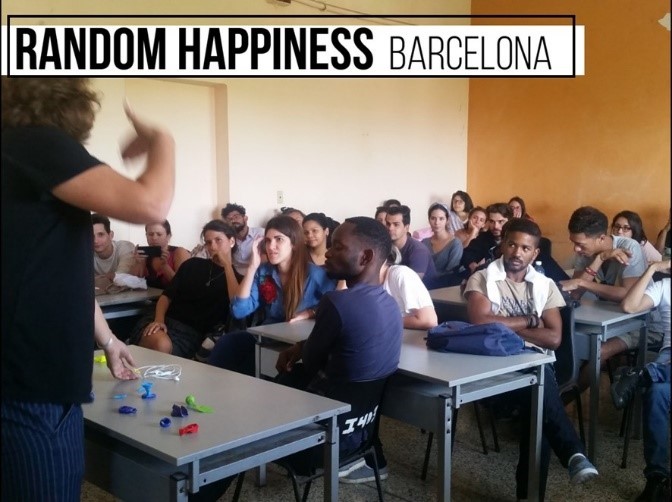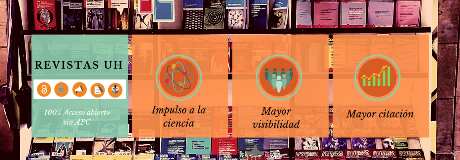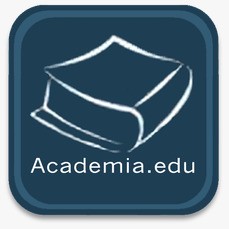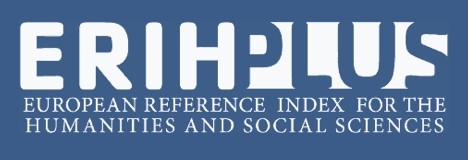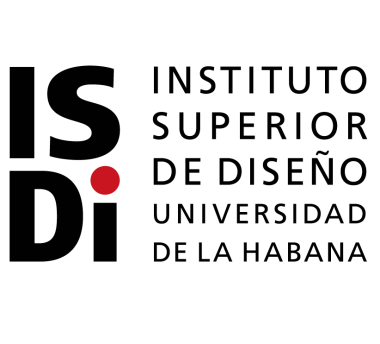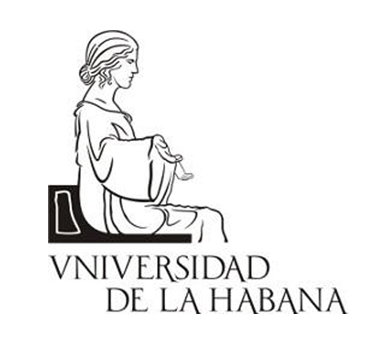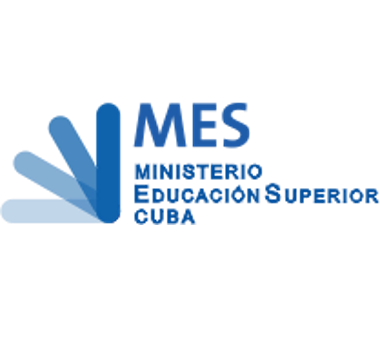The role of the international workshop in teaching design at ISDi
##plugins.themes.bootstrap3.article.main##
Abstract
The present article aims to expose the role of international workshops in teaching design at ISDi, as well as the main results obtained from carrying them out, and the impact they have had on stimulating the creative and investigative work of their participants.
The development of teaching activity requires a permanent commitment to training, research and professional updating. If the student is more focused to his own execution than to listen and consider the presentations of others, the idea of the collective construction of knowledge that also emerges from the experience provided by group work is lost, the application of the learned theory to objective reality, and the necessary link with the context in which it develops.
The “Workshops??? are intensive work study group, generally organized in blocks with time intervals for the attendees to rest. It is a term currently widely used in the business world to develop work in interdisciplinary groups, and as a teaching method it has reached a high number of followers because it encourages the exchange of experiences and encourages teamwork.
ISDi has proactively incorporated this method of direct contribution to teaching into its design careers, with an increasingly international character. This has allowed the attendees to participate actively, the increase of the collective creativity, a promotion of cultural exchange, the results before and after the workshop provides an important portion of cognitive novelty to students and teachers who share this experience.
The study methods used were observation and experimentation, and the interview and documentary analysis as associated techniques.
##plugins.themes.bootstrap3.article.details##

This work is licensed under a Creative Commons Attribution-NonCommercial-ShareAlike 4.0 International License.
- Attribution — You must give appropriate credit , provide a link to the license, and indicate if changes were made . You may do so in any reasonable manner, but not in any way that suggests the licensor endorses you or your use.
- NonCommercial — You may not use the material for commercial purposes .
- No additional restrictions — You may not apply legal terms or technological measures that legally restrict others from doing anything the license permits.
- ShareAlike — If you remix, transform, or build upon the material, you must distribute your contribution under the same license as the original. NOTE: This point applies to numbers 1 to 20 of the magazine with the previous CC-BY-NC-SA 4.0 license. Does not apply to the new CC BY-NC 4.0 license from Volume 11, Number. 21 (2024).
References
Arreguin, J. L. M. (1986). Sistemas de comunicación y enseñanza. México: Trillas.
Aron, Arthur, et al. (1997). La generación experimental de cercanía interpersonal.” Boletín de Personalidad y Psicología Social. Vol. 23 No. 4.
Borden, G. Y Stone, J. (1982). La comunicación humana en el proceso de interrelación. Buenos Aires: Ateneo.
Daura, Florencia Teresita. (2013). El contexto como factor del aprendizaje autorregulado en la educación superior. Educación y Educadores. ISSN: 0123-1294. Disponible en:
https://www.redalyc.org/articulo.oa?id=834/83428614006
INMARK, EMF. (2010). Concept and methodology of Interactive Workshops. Promotion of an ICT Dialogue between Europe and America Latina – extension towards Mexico, Colombia, Cuba, Costa Rica. Seven Framework Programme.
Monereo, C., Badia, A., Bilbao, G., Cerrato, M. y Weise, C. (2009). Ser un docente estratégico: cuando cambiar la estrategia no basta. Cultura y Educación.
Raicheva, R., Angelova, D., Jivkov, V., Vodenova. P. (2013). Design Workshop for Students. Department of Interior and Furniture Design, University of Forestry. Bulgaria
Tapia, Jesús Alonso. (1991). Motivación y aprendizaje en el aula. como enseñar a pensar, ed. Santillana, Madrid.
Woolfolk, Anita, E. (1990): Psicología Educativa, eds. Prentice-Hall, México.

